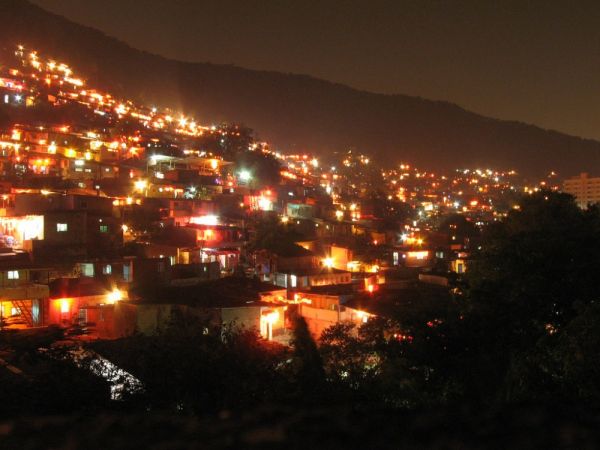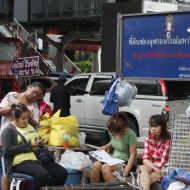How Cities Can Get Rid of Slums By Supporting Them

Photo credit: godwin d
In a guest blog post, William Cobbett, Manager of the Cities Alliance, argues that cities can eliminate slums is by getting behind the people who live in them.
After a decade of announcements that the world is now more urban than rural, there are signs that governments and agencies are finally taking notice. During the course of the next three decades, the waistlines of thousands of cities will expand to accommodate new populations — while the world’s urban population doubles, cities’ land consumption will triple.
To make this process as successful and as sustainable as possible, there is an urgent need for national and local policy makers to dramatically change their policy responses. Globally, the biggest cause of badly managed slums is not rural-urban migration, nor people squatting on public land, nor poverty itself. The biggest factor is wrong-headed policy responses, and ill-informed, outdated and clumsy administration, all underpinned by a hostile and aggressive attitude to the urban and urbanizing poor. Quite simply, bad policy creates most slums, and ensures that slums do not improve.
Instead, mayors and city managers can help their cities by accepting what exists and working with it.
Most urban growth takes place in existing cities, not new ones, and mostly in small- and medium-sized cities. The dominant form of planning is feet and facts on the ground, not color-coded zones on the Master Plan (if it exists). Most city growth is informal, and development will be incremental as people improve their living conditions over time, as and when they can afford. Most employment is informal, too, with household enterprises dominant. The role of women is essential to stability and progress.
Slums disappear not through being removed, but by being transformed. Over time, the shack becomes a house, the slum becomes a suburb. This is how citizenship and cities are built.
Slum-dwellers need a helpful and supportive environment in which to improve their lives, and that of their fellow residents. Yet, too many governments spend their energies fighting rather than rewarding and encouraging these processes. Land is not made available, and the poor are either relocated to the margins, or forced to live in dangerous or distant places. Services are not provided, leading to the emergence of parallel markets, middlemen and price gouging. The urban poor’s rights are not respected, and they are not treated as citizens.
The problems and solutions are often located in the same place. Stop looking for magic. Dump the failed policies. Offer land, services, helpful regulations and support. Only then will real solutions emerge.









